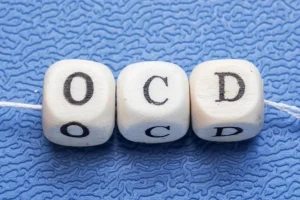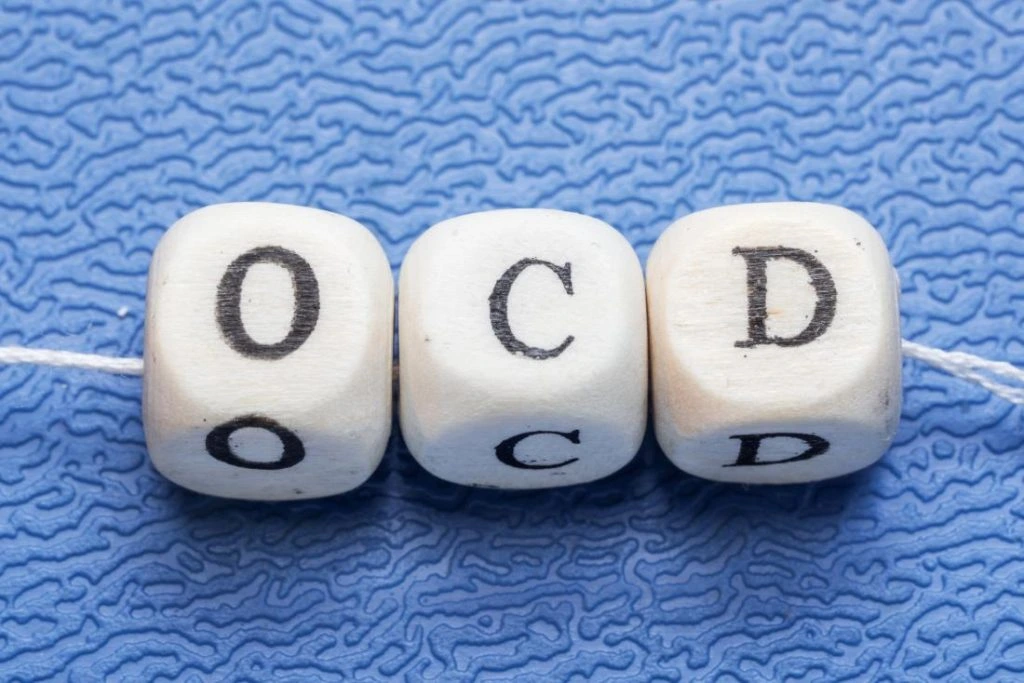Introduction
Why OCD occurs is a question that has puzzled many individuals and researchers alike. Obsessive-Compulsive Disorder (OCD) is a complex mental health condition characterized by persistent, intrusive thoughts (obsessions) and repetitive behaviors (compulsions). Understanding the root causes of OCD is essential for better awareness and management. This blog explores five key factors that contribute to OCD, offering valuable insights for anyone looking to understand this condition more deeply.

1. Genetic Predisposition
One of the most significant factors contributing to OCD is genetics. Research indicates that individuals with a family history of OCD or related disorders are more likely to develop the condition. Specific genes linked to serotonin and brain activity may influence the risk of OCD. Although having a genetic predisposition does not guarantee that someone will develop OCD, it highlights the role of inherited traits.
For Consultation with the Best Psychiatrist in Delhi for the Best OCD Treatment in Delhi, consider visiting:
2. Brain Structure and Function
Another reason why OCD occurs lies in neurological differences. Studies using imaging technologies, such as MRI scans, have revealed irregularities in the brain circuits that regulate decision-making, emotion, and behavior. The orbitofrontal cortex, basal ganglia, and anterior cingulate cortex often show heightened activity in individuals with OCD. These differences may explain the repetitive thoughts and actions characteristic of the disorder.
3. Environmental Factors and Life Events
Environmental triggers also explain why OCD occurs in some individuals. Traumatic life events, chronic stress, or significant changes like the loss of a loved one can contribute to the onset of OCD. In some cases, certain infections, such as streptococcal infections in children, have been linked to a sudden onset of OCD symptoms.
For More Info you can visit : Centers for Disease Control and Prevention (CDC)
4. Psychological and Behavioral Patterns
Psychological factors can explain why OCD occurs in people with certain personality traits. Individuals who are perfectionists, highly anxious, or have an exaggerated sense of responsibility may be at greater risk. Over time, their brains may associate compulsive behaviors with temporary relief, reinforcing the cycle of OCD.
5. Neurochemical Imbalances
A neurochemical imbalance is one of the key reasons why OCD occurs. Disruptions in neurotransmitters, particularly serotonin, can impact how messages are transmitted in the brain. This imbalance affects mood, anxiety, and behavior regulation, potentially leading to the development of OCD symptoms.

Breaking the Stigma Around OCD
Understanding why OCD occurs is crucial for breaking the stigma around the condition. OCD is not merely a habit of being overly organized or picky—it is a serious mental health disorder rooted in biological, psychological, and environmental factors. By promoting awareness, we can create a more supportive environment for individuals affected by OCD and encourage them to seek help.
By fostering awareness and empathy, we can create a supportive environment for those affected by OCD and encourage them to seek help.
Seeking Help and Support
If you or someone you know is struggling with OCD, understanding why OCD occurs can be the first step toward finding help. Mental health professionals can provide tailored interventions to manage symptoms and improve overall well-being. For more Info you can visit : World Health Organization (WHO)

Conclusion
OCD is a multifaceted condition with various contributing factors, including genetics, brain structure, environmental triggers, psychological patterns, and neurochemical imbalances. Understanding these factors can provide valuable insights into why OCD occurs and how to approach its treatment. While OCD may present challenges, it is a manageable condition with the right support and interventions.
If you’re interested in learning more about mental health and related topics, visit trusted sources like the National Institute of Mental Health or the World Health Organization for reliable information.

